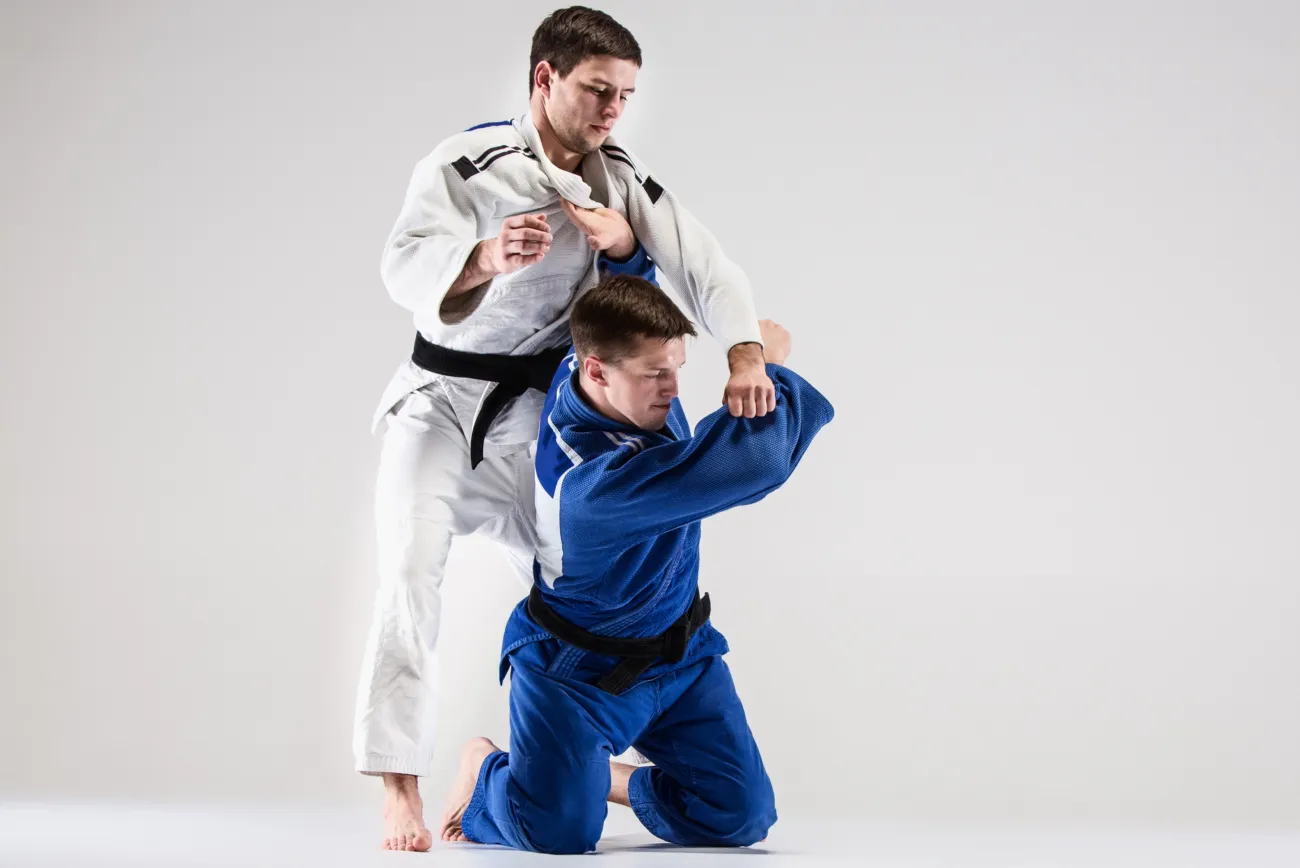For many millenniums, humans have learned the importance of body and mind connection. From the early 19th century, emotional intelligence (EI) became an important factor in human beings. Martial arts became the main tool for promoting emotional awareness. Today, many schools incorporate martial arts in their lessons. Over 6 million learners in the US participate in martial arts. Statistics by Webinar Care show 77% of teenagers do martial arts for health reasons. One of the main health reasons is to develop emotional intelligence.
Social Justice And How Martial Arts Can Play A Role
Emotional intelligence plays a big role in promoting social change. One of the examples is the “Letter from Birmingham Jail” by Martin Luther King Jr. It was a response to criticism from fellow clergymen. He shows eloquence and passion in his defense of the civil rights movement. He insists on the value of empathy, peace, and understanding to achieve lasting outcomes.
His message resonates well with the philosophy of martial arts. It teaches self-control, discipline, and respect for others. Indeed, most martial arts schools teach the history and philosophy of their discipline. It helps students develop a deeper knowledge of compassion and empathy. StudyMoose provides a detailed letter from Birmingham jail summary to help students. It is resourceful to the student who wants to learn more about its themes and arguments. The website contains many other free samples. They are inspiring when writing essays or a book. King insists that nonviolence is the best way to achieve justice and equality.
Literature suggests a strong link between EQ and social justice. At school, students often experience issues of racism, classism, and bullying. There are gender and color biases in schools and society. One of the benefits of martial arts mental health is improved emotional intelligence.
In his time, Martin Luther King Jr. complained about social, civil, and religious injustices. After his arrest and jailing, he wrote the Letter from Birmingham Jail. He wanted to address high criticism against him by his fellow clergy. He insisted on the importance of non-violent protests. He wanted people to prioritize peace in the pursuit of social justice and civil rights. In summary, King was promoting controlled aggression for the sake of peace.
The goal of martial arts is controlling aggression. Students are taught to control the situation without inflicting injury. They are taught social skills, humility, and respect. Social skills help people to communicate better and build worthy relationships. They help them build emotional intelligence and practice social justice.
Every individual of conscience must fight against injustice. King believed that oppressed people could overcome their oppressors. They would create a better world for themselves and future generations. However, they had to use the power of love and reason instead of violence and hatred.
The Role Of Martial Arts Training In Enhancing Emotional Intelligence
The teaching of martial arts incorporates techniques like medication and deep breathing. Students are taught the value of integrity and honor in building character. Harvard University lists the good habits that help build EI as follows:
· Meditation
· Paying attention to thoughts and emotions
· Learning new skills
· Practicing mindfulness
· Staying motivated
· Self-management, empathy, and social skills
All these skills are taught in martial arts training. It helps students to train their bodies and mind to work in harmony. These skills are important in helping a student to focus and have a clear mind. The training significantly enhances students’ emotional intelligence. Such learners can write a high-quality book or an essay with ease.
The Connection Between Emotional Intelligence And Techniques And Practices Used In Martial Arts For Developing Emotional Intelligence
The common moves taught in martial arts are kicks, strikes, parries, and leg sweeps. Students learn punches and evasion skills. The training aims to equip learners with defense and attacking skills.
Teaching awareness and strength make martial arts training exceptional. Students learn to focus on the mind and body. All training techniques and practices are based on the Samurai code of conduct. It teaches honesty, wisdom, courage, loyalty, and respect. Such values are crowned by the power of justice and compassion. Combined, they are tenets of developing emotional intelligence in students.
Understanding Emotional Intelligence And Its Importance In Education
Research shows emotional intelligence kids have better communication skills. They are empathetic, control their anxiety, and are better at resolving conflicts. The emotional quotient helps learners analyze situations and take the right actions. They perform well in many areas of education, such as writing essays and exams.
Study.com reports that students with a higher EQ are not likely to drop out of school. The National Institutes of Health states the importance of building emotional intelligence. They say it helps students attain their full potential. EI is a platform for success in health, wealth, and relationships in the future. Martial arts and mental health are strongly interrelated.
Conclusion
Emotional intelligence development is important in students. It provides them with the ability to recognize and control their emotions. They appreciate the emotions of others by building strong relationships with them. Martial arts play a significant role in building EI in students. They are trained to pay attention, stay focused, and practice meditation. Learners to practice martial arts tend to be smarter, more peaceful, and greater achievers.

